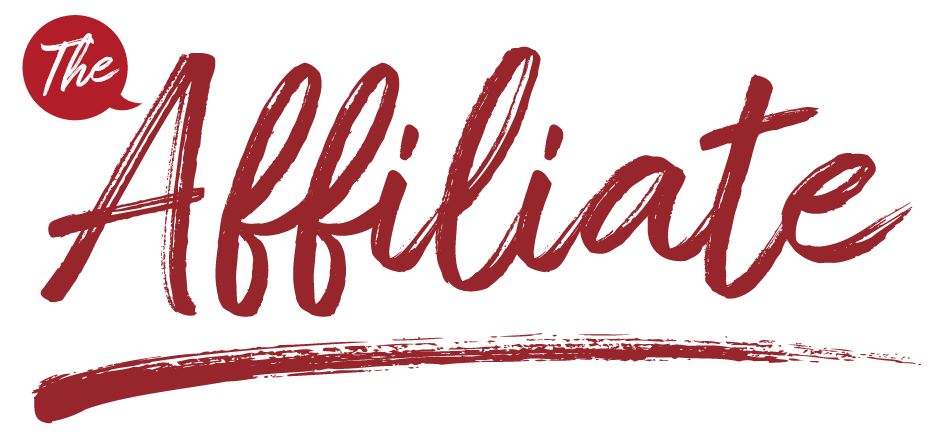Cybercriminals are looking to profit from pandemic fears – using concerns about a human-transmitted virus to spread computer viruses, if you will – with a fresh crop of malicious software and scams.
One of the first attacks, back in mid-March, arrived in the form of an email message from what appeared to be the World Health Organization, suggesting you read an attachment with official information on how to protect yourself from the coronavirus.
Clicking the file from this impersonator, however, downloaded a hidden installer to your computer that let cybercriminals have access to your data lifted from your keystrokes. The email phishing campaign is one of several coronavirus-related scams detailed recently by security firm Malwarebytes.
COVID-19 fraud attempts to watch out for
Ever since the pandemic started, would-be criminals have created many different scams aimed at profiting from the coronavirus crisis. As detailed in USA Today:
–Phishing emails claiming to be from the CD or United Nations asking people to log in to view safety information.
–Ransomware that locks computer files until the victim pays to have them released, as referenced in an alert from the U.S. Attorney General’s office.
–Websites falsely claiming to sell COVID-19 vaccines for as little as $5. As of now, no vaccine has been developed for COVID-19.
–Stimulus check fraud where criminals send texts, emails or phone calls asking people to provide account information so they can receive IRS stimulus checks. Of course, the IRS already has your information and has already sent checks to millions of people – the IRS doesn’t need to call you or text you.
–Donation fraud has become rampant. Fraudsters are calling people and pressuring them to give money to illegitimate organizations. To avoid this scam, never give money over the phone or via email.
Tips for fighting coronavirus cons
You can cut down on your chances of falling victim to a cyberattack or phishing scam by doing a few simple things:
| Think before you click
Don’t click on anything from senders you don’t recognize. |
Consider the source
The IRS, banks and credit unions never call and ask for sensitive information. Calls claiming to be from these places are likely fake. |
| Password safety
Tried and true advice still applies: change your passwords and make them complex so they’re hard to steal. |
Play defense
Make sure you have updated malware and antivirus protection on your devices to defend against attacks. |
| Be wise on wi-fi
Although you’re probably not going out as much right now, still avoid free public wi-fi during those times when it might be available. |
Have a backup plan
Put your important files on an external hard drive or upload them to a cloud service, just in case you do become victimized by a virus or ransomware. |
In a time when everyone is supposed to be working together to fight a common enemy, COVID-19, it’s a sad reality that some people are seeking to exploit the situation for their own gain. But we can guard against these attempts by following these safety precautions.
About The Servion Group: Founded in 1987, The Servion Group is a credit union service organization (CUSO) partners with credit unions across the country. We are cooperatively owned by a group of approximately 50 Minnesota credit unions and partner with more than 400 credit unions around the U.S. Our teams provide services related to mortgage loans, business lending, residential and commercial title, real estate, and financial advisory. Learn more at myservion.com.



